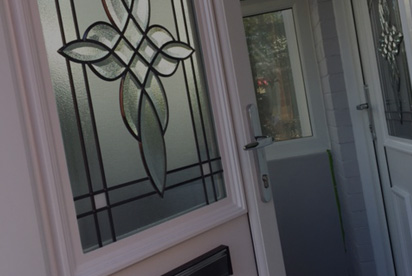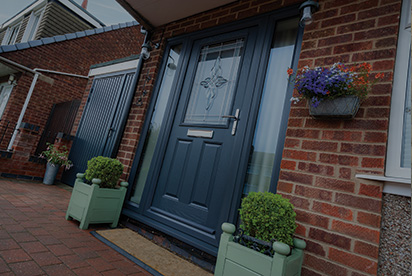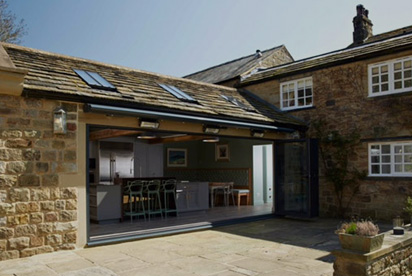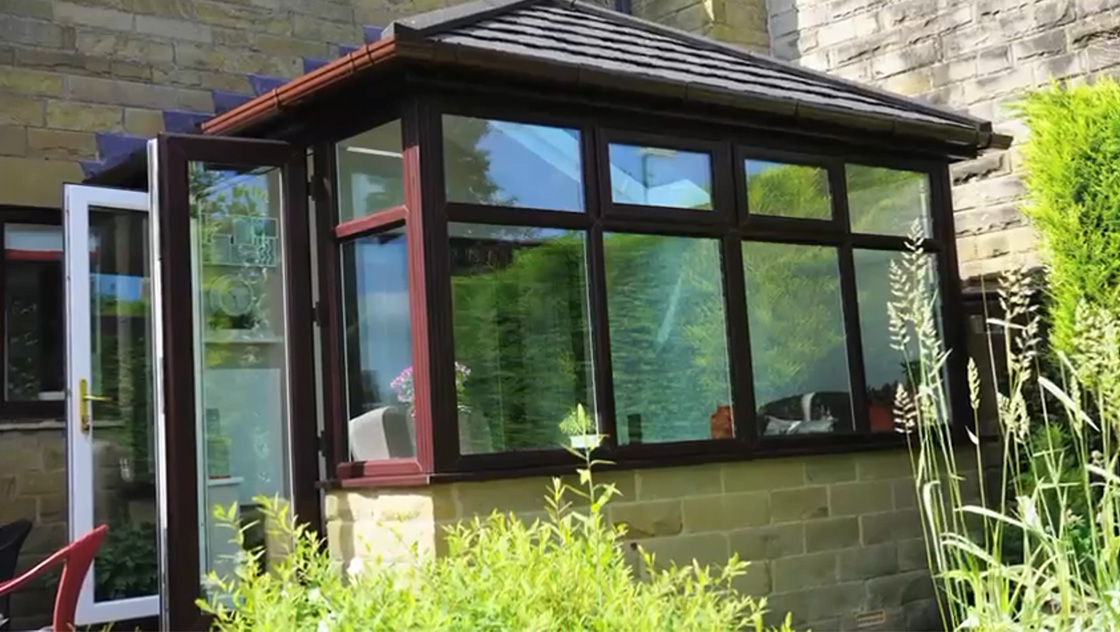
PVCu vs Composite Doors
5 Minutes to Read
You know you need a new door, but which one to choose? We’ve put together an overview of the two main options, uPVC and composite, comparing their features and answering some of the questions you have.
PVC is an acronym for polyvinyl chloride, a synthetic plastic polymer. For many applications, plasticisers are added to PVC to alter its degree of flexibility: the more plasticiser, the softer the PVC. Obviously you don’t want door and window frames bending: this is where the ‘u’ makes its entrance.
The ‘u’ stands for ‘unplasticised’. As doors and windows need to be rigid, they’re made from unplasticised PVC. In fact, PVCU or uPVC is sometimes called rigid PVC.
Why does the ‘u’ keep moving? Unplasticised PVC was originally referred to as PVCU in the UK, but most other countries use uPVC. In the 1980s, uPVC was adopted more frequently to follow international conventions, but they are basically interchangeable. You might see it written as UPVC or PVCu: again, it’s all the same material
So, tell me how uPVC is used in doors...
Most of us are familiar with the uPVC door, as it’s a popular choice for many homes. A uPVC door is made by sealing an insulated metal frame within uPVC, creating a lightweight and durable door. As well as being secure, it’s efficient at retaining heat within the home. You can have a uPVC door with double-glazed panels in a variety of styles, and it can be personalised with different choices of hardware, such as the handle, letterbox or knocker.
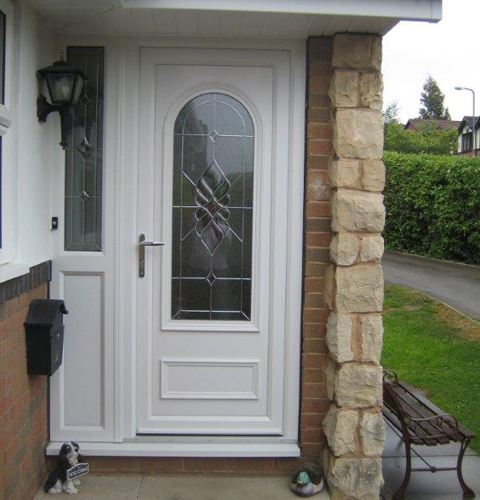
What are the pros of a uPVC door?
With an expected lifetime of up to twenty years, uPVC doors are very durable. You won’t need to spend a lot of time on maintenance, and you’ll avoid the problems of warping and rot which come with a timber door. They’re energy-efficient, cutting down on draughts and bringing good insulation. The insulation will also help to keep noise out. From a security point of view, you’ll have a multi-point lock, and the steel core means the door is hard to break. For many of us, cost will be the deciding factor: a uPVC door will be more affordable than a timber or composite equivalent.
And the cons?
The plastic nature of a uPVC door might not be the best choice for certain properties. If you’re looking for an aesthetic option to suit a period home or country cottage, then the composite door may work more sympathetically. On a practical basis, white uPVC doors may discolour, especially if the wrong chemicals are used in cleaning. Although colours are available, there aren’t as many choices as with composite doors, and the finish may fade over time.
What is a composite door?
A composite door brings together the best features of wood and uPVC doors: you get the appearance and feel of a timber door with the longevity, low maintenance and insulation of uPVC. A steel frame with a timber core is combined with an insulating foam layer, all glued together under high pressure, and finished with a surface layer of Glass Reinforced Plastic (GRP, aka fibreglass).
What are the pros of a composite door?
First of all, the appearance. GRP can be moulded to mimic wood grain, so you have the visual sense and feel of timber. With a wide range of colour options, the choice of many variations of glass panels, and a beautifully authentic finish, you’re investing in a door which will bring the perfect finishing touch to your home.
Then, there’s none of the maintenance of a timber door: no peeling paint or rotten wood to deal with, ever. All you need to do is a quick wipe down every now and then to keep the door in pristine condition.
The construction of a composite door means it is strong and durable, ensuring both excellent security and a high thermal efficiency. Combining materials means that the finished product is more resilient than any single material on its own would be. The expected life of the door is around 35 years, and it won’t warp, peel or fade. The finish is also highly resistant to scuffs and knocks, so you won’t have to worry about the wear and tear of everyday life.
And the cons?
A composite door will cost more than other options. If it’s within your budget and you love the feel and appearance of the finished product, then this will be worth the outlay. It might be worth considering how long you plan to be in the property. If it’s your forever home, then pushing for the more expensive door will be an investment for your future. If you see yourself moving on in a short time, though, you should balance up the added value a composite door will bring to the house against the initial outlay.
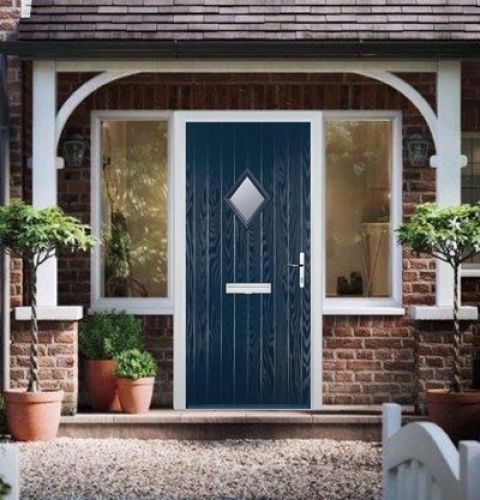
Whichever option you choose, Elmhurst are here to provide the very best in doors, complete with a 15 year warranty. Contact us today to find out more, and start exploring the many options we offer to provide the perfect finishing touch to your home.
Related Products
Get a Free Quote Today
It's Completely FREE
with No Obligation
Low Price
Guarantee
15 Year
Warranty
Nobody Does
it Better...
Than ELMHURST
We believe we provide the best customer care policy in the home improvement industry.
See what some of our customers have to say...
.png)
